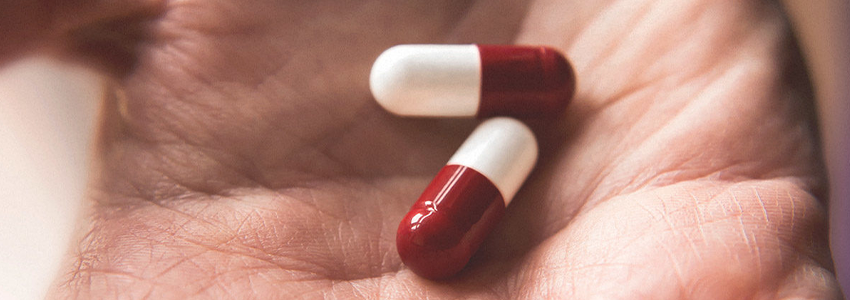What is Lyrica (Pregabalin)?
Lyrica is a drug used for people who have nerve damage caused by diabetes or shingles. Lyrica, also known as its generic name pregabalin, has been demonstrated to provide pain relief to people suffering from various conditions.
Lyrica is an FDA-approved anticonvulsant drug used to treat seizure disorders such as epilepsy and offer pain relief. Some individuals, however, misuse Lyrica by combining it with more harmful narcotics like heroin. When Lyrica is misused, it doesn’t take long for an addiction to develop.
Despite the fact that Lyrica is a relatively new prescription medicine, it has swiftly acquired popularity as an opioid substitute. Lyrica is not as addictive as opiates such as heroin or oxycodone, but people predisposed to addiction may misuse and get addicted to it.
How is Lyrica (Pregabalin) Administered?
Lyrica should be used orally as prescribed by your doctor. Many people take pregabalin once a day, usually after dinner. Lyrica pills should be taken whole without splitting, crushing, or chewing. Some people may be at a greater risk of adverse effects if Lyrica is not taken whole. Pregabalin should be used on a regular basis to get all of its advantages.
Do not change your Lyrica dosage or treatment plan without first seeing your doctor since discontinuing pregabalin treatment abruptly may aggravate certain symptoms. Lyrica withdrawal symptoms include insomnia, nausea, headache, and diarrhea. To avoid Lyrica withdrawal symptoms, speak with your doctor about gradually reducing your pregabalin dosage over time so your body can acclimate to less and less of the drug.
Side Effects of Lyrica
Starting Lyrica medication may result in certain negative effects. Drowsiness, dizziness, headache, dry mouth, nausea, constipation, and weight gain are common adverse effects of pregabalin usage. Inform your doctor if these pregabalin side effects worsen or linger for an extended length of time. Although rare, some Lyrica patients have more significant adverse effects when using pregabalin. Vision changes, unusual bleeding or bruising, muscular soreness, discomfort, weakness, fever, unusual weariness, and swelling of the hands, ankles, or feet are all serious Lyrica side effects.

